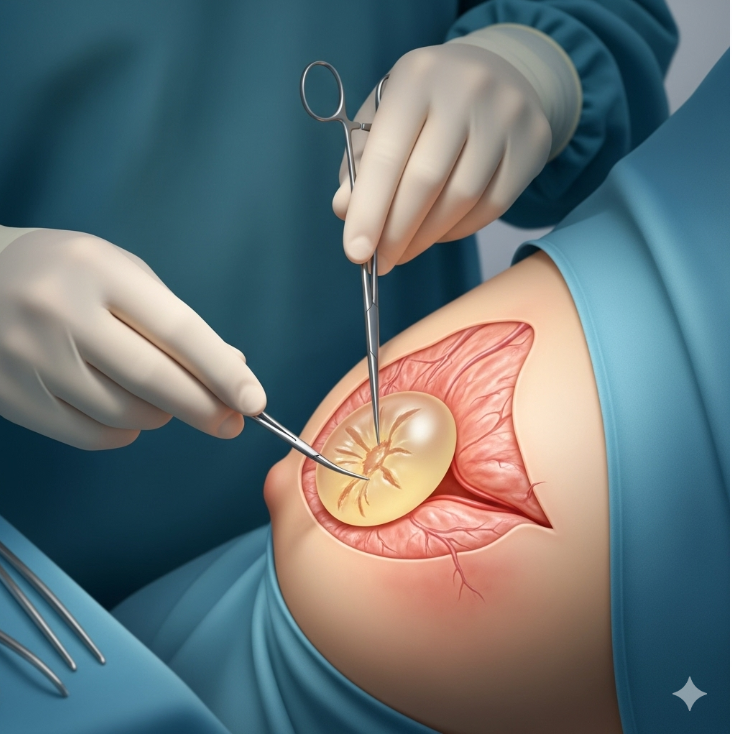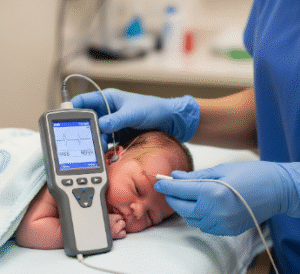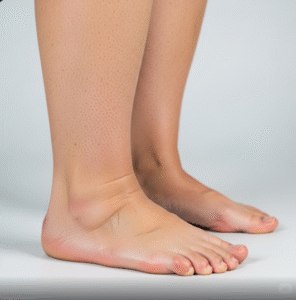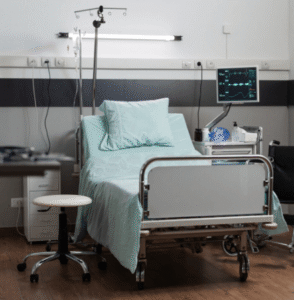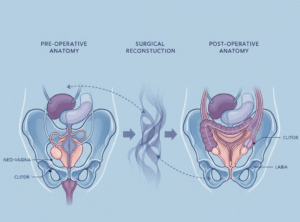What It Is
Breast implant illness (BII) explant is a surgical procedure to remove breast implants in patients experiencing systemic symptoms suspected to be linked to their implants. While BII is not officially recognized as a distinct medical diagnosis, many patients report improvement in symptoms such as chronic fatigue, joint pain, brain fog, hair loss, and autoimmune-like reactions after explant surgery.
In Korea, BII explant procedures are performed by surgeons specializing in revision and reconstructive breast surgery, often combined with total capsulectomy or en bloc removal to ensure the implants and surrounding scar tissue are fully removed.
Why It’s Done
Patients undergo BII explant because:
- They experience systemic symptoms (fatigue, joint pain, brain fog, skin issues) believed to be related to implants.
- They have concerns about long-term health risks of breast implants.
- They want peace of mind by removing implants and scar tissue.
- They prefer a natural breast appearance without implants.
Good candidates include:
- Women with breast implants who are experiencing unexplained systemic symptoms.
- Patients who want implants removed for medical or personal reasons.
- Those in good overall health and able to undergo anesthesia.
Alternatives
- Medical management of symptoms: Involves medications and lifestyle adjustments, but often does not address the suspected underlying cause.
- Implant exchange: For patients who wish to continue augmentation with newer implants.
- Fat transfer augmentation: Natural alternative for volume enhancement after explant.
- Observation: For patients who are undecided about surgery.
Preparation
Before BII explant in Korea, patients will:
- Undergo detailed consultation and breast imaging (ultrasound or MRI) to assess implant condition and capsule formation.
- Stop smoking and alcohol 2–4 weeks before surgery.
- Avoid blood-thinning medications and supplements.
- Decide whether to combine explant with a breast lift (mastopexy) or fat grafting for contour restoration.
- Plan for postoperative recovery and follow-ups.
How It’s Done
- Anesthesia: General anesthesia is required.
- Incision: Typically made through previous scars (inframammary fold or periareolar).
- Explant: Both implants are removed.
- Capsule management: A total capsulectomy or en bloc removal may be performed to ensure scar tissue is fully removed.
- Additional reshaping: Mastopexy or fat transfer may be used to restore breast shape.
- Closure: Fine sutures are applied; drains may be placed.
- Duration: 2–4 hours depending on complexity.
Recovery
- First week: Swelling, bruising, and discomfort are common; compression garments are worn.
- Hospital stay: 1–2 days may be required for monitoring.
- Return to activities: Light duties in 1–2 weeks; strenuous activity avoided for 4–6 weeks.
- Final results: Breasts appear smaller and natural within 2–3 months; many patients report improvement in systemic symptoms over time.
Possible Complications
- Contour irregularities or loose skin after implant removal.
- Loss of breast volume or firmness.
- Temporary or permanent changes in nipple sensation.
- Infection, hematoma, or delayed wound healing.
- Scar formation, though minimized with Korean surgical techniques.
Treatment Options in Korea
Diagnosis
Korean surgeons use patient history, symptom assessment, and breast imaging to evaluate whether implant removal may help with suspected BII.
Medical Treatments
- Symptom management with medications, diet, or lifestyle changes (but limited in effectiveness if implants are the cause).
Surgical or Advanced Therapies
- Simple explant for implant removal only.
- Explant with total capsulectomy to remove scar tissue.
- En bloc removal for ruptured or leaking implants.
- Fat transfer augmentation for patients wanting natural enhancement after explant.
- Mastopexy (breast lift) for reshaping sagging tissue after implant removal.
Rehabilitation and Support
- Scar care with silicone gels, microneedling, or fractional laser.
- Long-term follow-ups to monitor breast health and symptom resolution.
- Emotional support and counseling for patients undergoing body image changes.
- International patients benefit from Korea’s experienced revision surgeons, holistic aftercare, and multilingual medical support.

